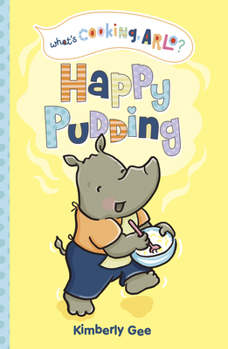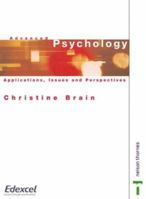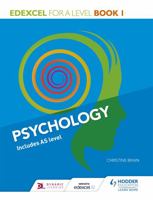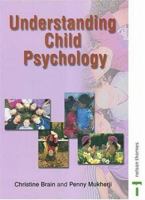Happy Pudding
Select Format
Select Condition 
More by Christine Brain
Book Overview
After a long storm, Arlo is excited to invite his friends over for a little get-together. But Alice, Slide, and Spike are each feeling out of sorts after being cooped up too long. Will Arlo's happy pudding cheer them up? Find out in this early graphic novel that will warm young readers' hearts with a perfect recipe for friendship and fun.
Format:Paperback
Language:English
ISBN:1484679350
ISBN13:9781484679357
Release Date:July 2023
Publisher:Picture Window Books
Length:64 Pages
Weight:0.45 lbs.
Dimensions:0.3" x 5.9" x 8.4"
Age Range:5 to 7 years
Grade Range:Preschool to Grade 2
Customer Reviews
11 customer ratings | 6 reviews
There are currently no reviews. Be the first to review this work.
























